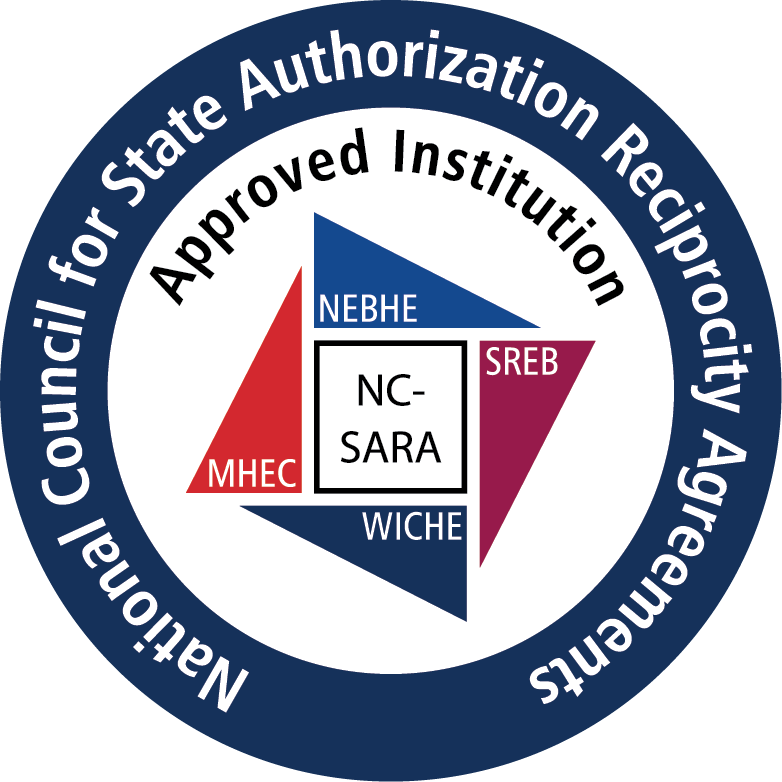
 State Authorization
State Authorization
Washburn University has been approved by Kansas to participate in the National Council for State Authorization Reciprocity Agreements. NC-SARA is a voluntary, regional approach to state oversight of postsecondary distance education.
Online/Distance Education Complaints
Washburn University strives to resolve all student complaints in a fair and expedient manner. Students wishing to file a formal complaint must first seek resolution through the Distance Education Complaint Process outlined below. If a resolution is not found through WU's Distance Education Complaint Process, a student may file a complaint or grievance under NC-SARA's complaint process.
Washburn University is regionally accredited by the Higher Learning Commission. The commission has specific complaint procedures.
Student Complaint Process
Students who are enrolled in distance education courses or programs offered by Washburn University and who do not reside in Kansas should first contact the office listed listed below to resolve any complaint arising from the student’s participation in distance education courses or programs. To file a complaint, send a written complaint to:
Melanie Worsley,
Associate Provost of Assessment and Academic Operations
Washburn University
1700 SW College Avenue
Topeka, KS 66621
785.670.1648
melanie.worsley@washburn.edu
The written complaint should include the following information:
- Name, current mailing address, phone number
- Email address, WIN
- Dates of your enrollment at WU
- Details of your complaint
- Expected outcome
You will receive a reply within 10 business days to let you know your complaint has been received and whether any additional information is required. You'll also receive a tentative plan for investigating and resolving the complaint, and an update if it takes longer than originally planned. You will receive a written response, usually within 45 days of receipt of your complaint, explaining the investigation and the resolution.
If a complaint by a student who is enrolled in a distance education course or program remains unresolved, a complaint may be submitted to NC-SARA. If the student resides in a state that is not currently a member of NC-SARA, the complaint can be made to the higher education authority in that state.
The process above should be used to address complaints for which there is no other applicable institutional procedure. For example, discrimination complaints should be made online and grade appeal processes are found in the Academic Catalog.
This complaint process is used to investigate and resolve allegations of dishonest or fraudulent activity by an institution. Examples (list is not exhaustive) of such allegations are the following:
- Veracity of recruitment and marketing materials
- Accuracy of job placement data
- Accuracy of information about tuition, fees, and financial aid
- Complete and accurate admission requirements for courses and programs
- Accuracy of information about the institution’s accreditation and/or any programmatic/specialized accreditation held by the institution’s programs
- Accuracy of information about whether course work meets any relevant professional licensing requirements or the requirements of specialized accrediting bodies
- Accuracy of information about whether the institution’s course work will transfer to other institutions
- Operation of distance education programs consistent with practices expected by institutional accreditors
If you are unsatisfied with the result, you may file a complaint with the Kansas Board of Regents or with our accrediting body, The Higher Learning Commission.
The Higher Learning Commission
230 South LaSalle Street
Suite 7-500, Chicago
Illinois 60604-1413
Phone: 800.621.7440 / 312.263.0456 . Fax: 312.263.7462 . info@hlcommission.org

